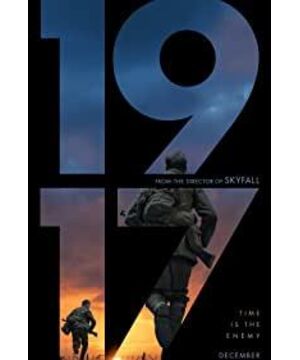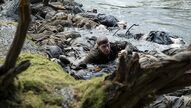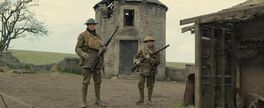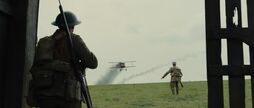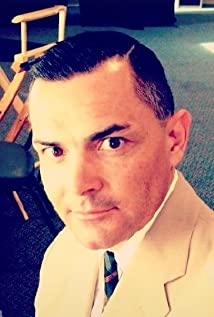I saw the introduction to the long lens before watching it. It's not a 3D movie, but it relies on the continuity of the lens to make the two-hour viewing process always exciting.
What is impressive is the description of bureaucracy in the war. Because of the Admiral’s instructions, the two soldiers had to cross a 14-kilometer danger zone to convey the order; the officer in the car domineeringly gave orders to the soldiers carrying obstacles; Colonel McCarthy finally said that today, let us stop the offensive. Two days will let us charge in the early morning.
Both "Saving Private Ryan" and "1917" show the plots of the Germans "giving revenge" when faced with rescuing their enemies. In my impression, this should be synonymous with the Japanese, and the historical rationality of this plot needs to be learned later.
Good war movies are anti-war. The conversations between Schofield and the other soldiers reflected their disdain for the medal and doubts about the necessity of war. The sincere feelings between ordinary British and French soldiers and civilians in the war and the beauty of cherry blossoms floating in the grass and rivers are also the cruelty of the war. When the familiar music sounded, Schofield sat on the grass dullly. At this time, what he was thinking about was the beauty of his hometown or the tragic death of his friend? Scofield's last retrograde on the grass is the favorite part of the film. His struggling to run is not so much executing orders as he is fighting this damn war.
What is impressive in detail is the treatment of skin tone. Of course, in the plot, I didn't figure out the natural dialogue in English and French, and the period when I fell into the river and swam to the destination.
View more about 1917 reviews


